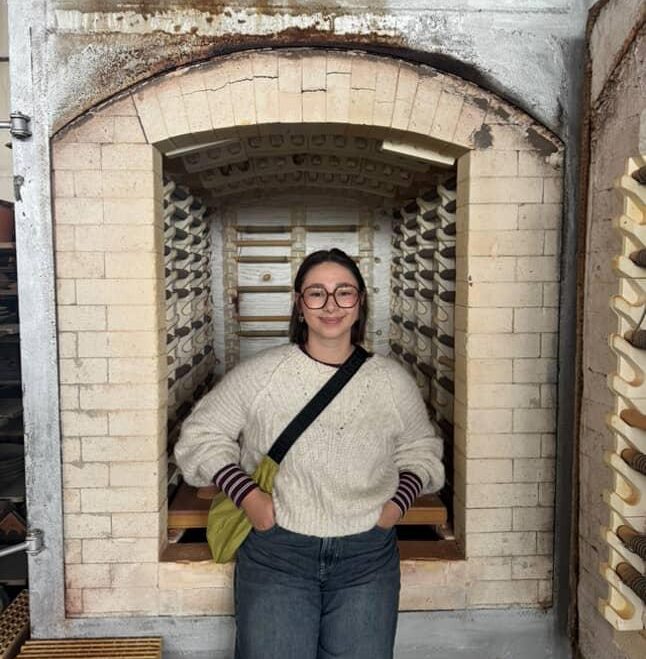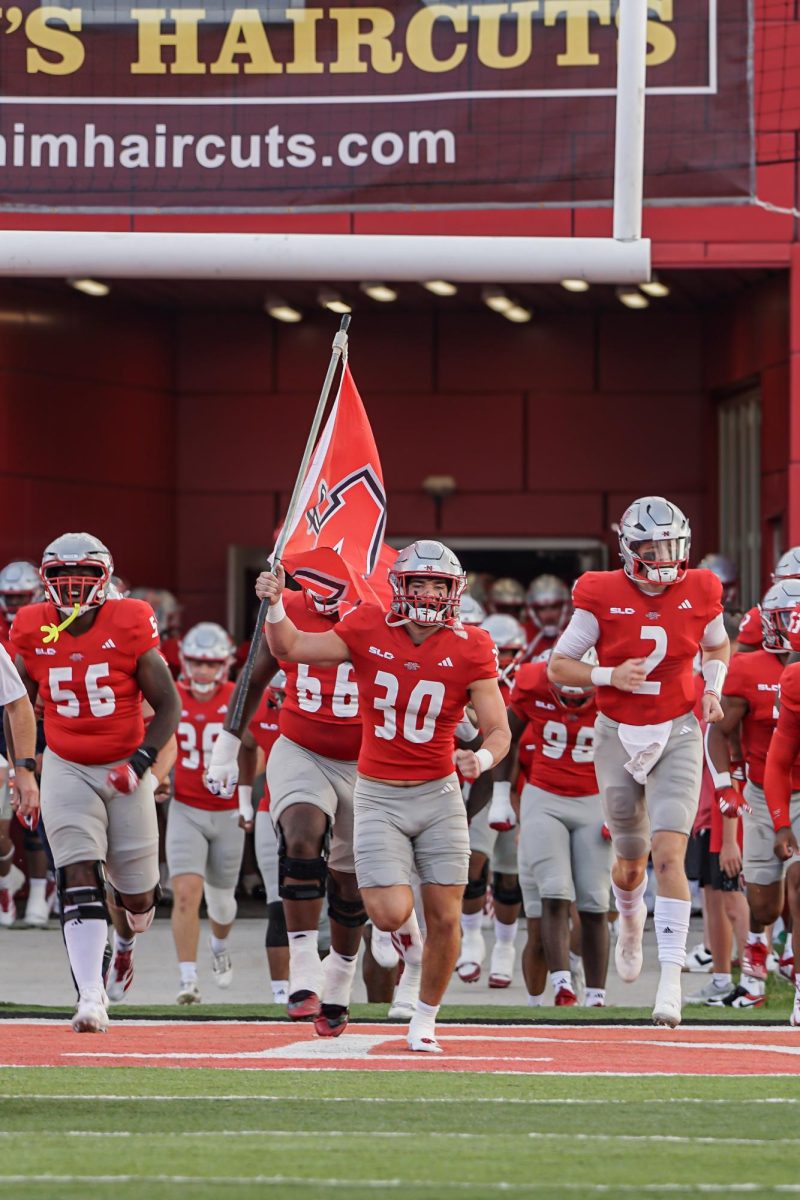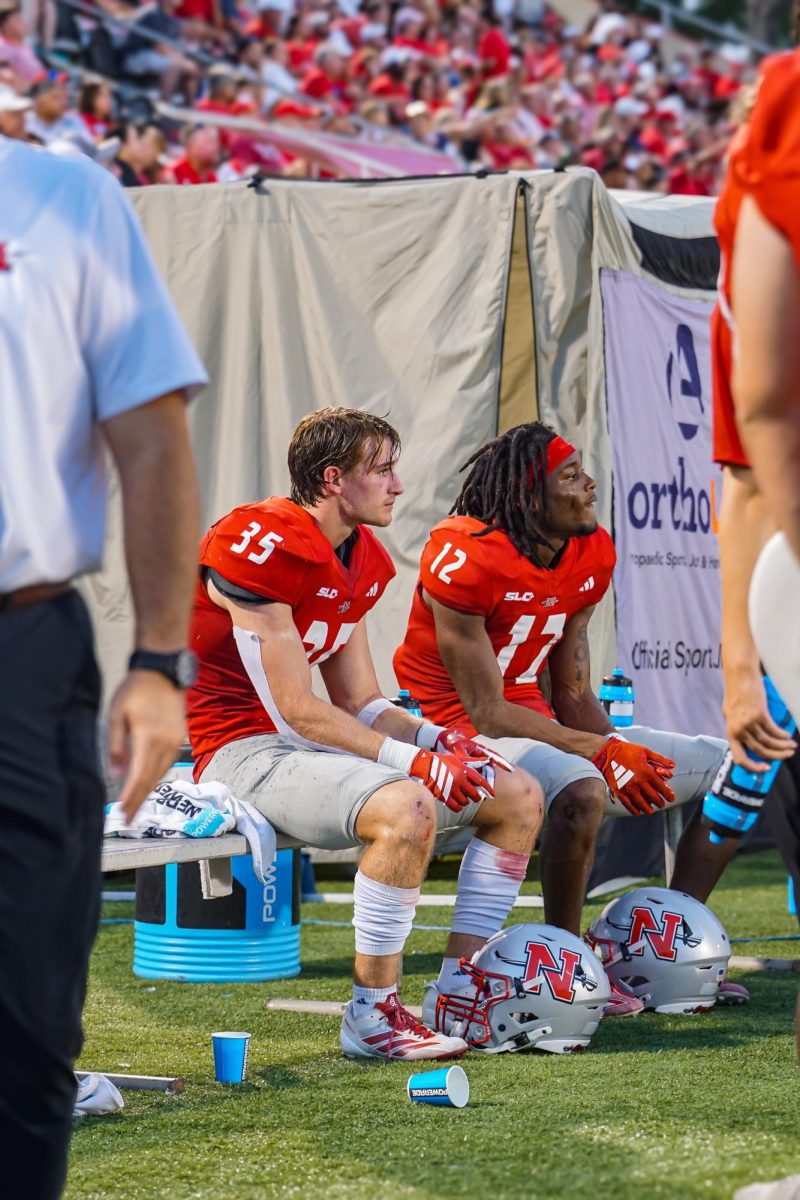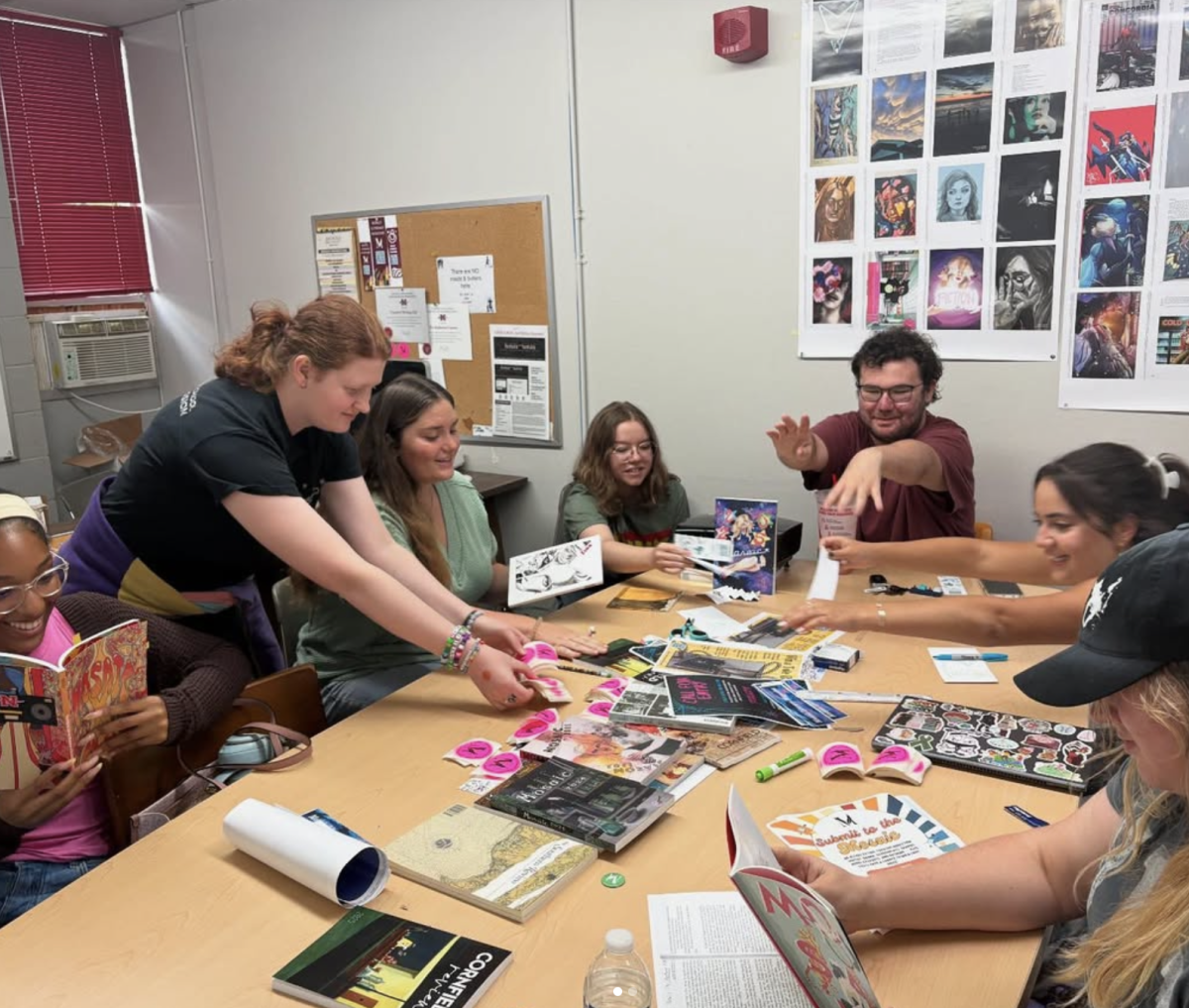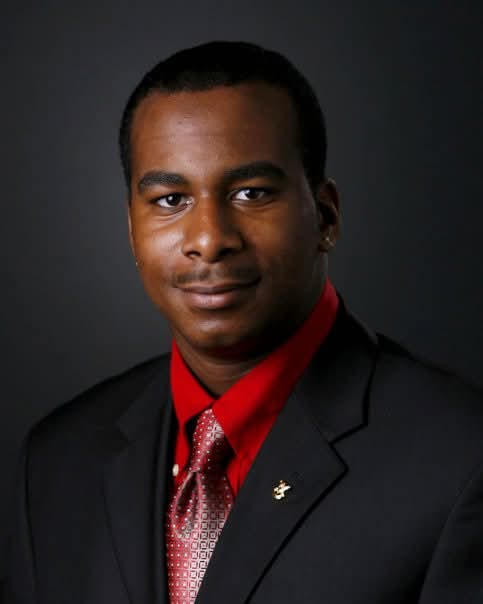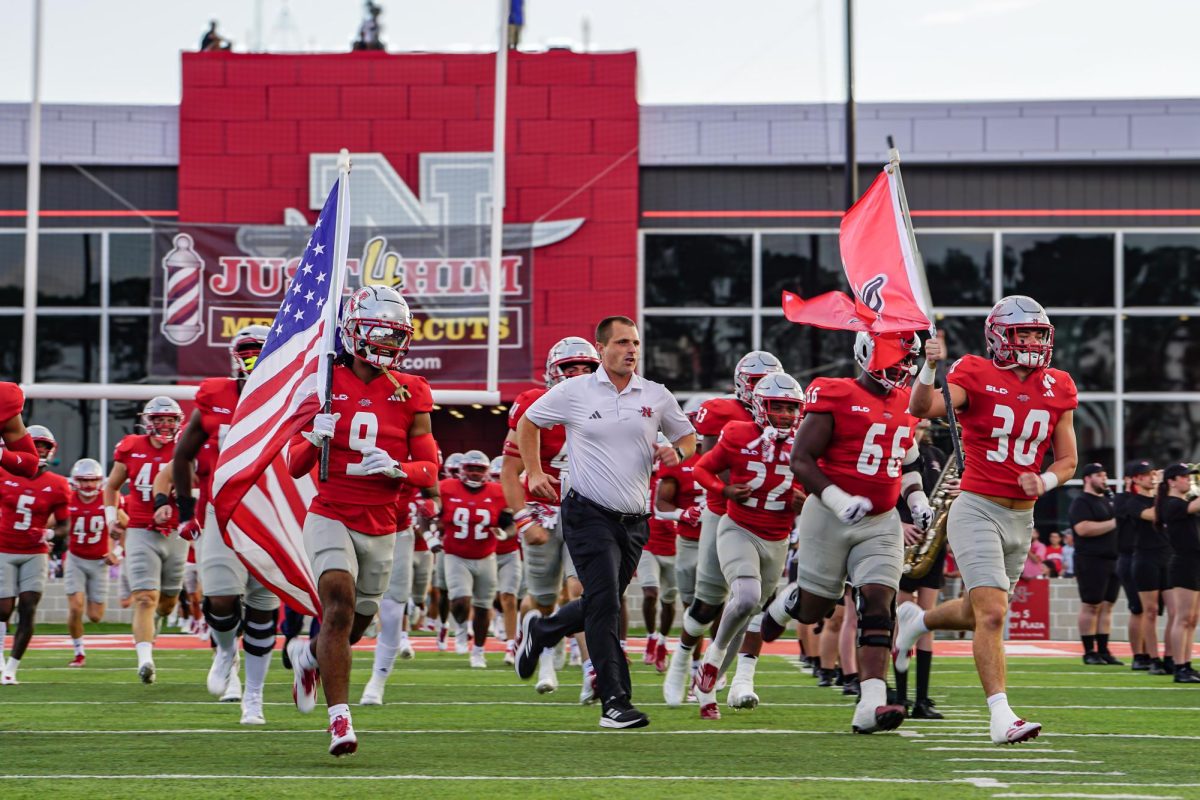Following several student forums and extensive discussions, the University is preparing a more concise plan of goals for the next six years as part of the 2011-2016 Strategic Plan.
Renee Hicks, executive director of the office of planning and institutional advancement, said this is the first time students had their own forum to openly discuss their concerns and compliments of the University.
During the last strategic planning process in 2005, few students showed up to the forums, which were open to anyone, because they may have been uncomfortable opening up to a large group of people. This year, 120 students attended the forums held over a nine-day span.
This input assisted the University in devising a strategic plan that is significantly condensed and easier to understand than previous plans.
“We wanted it to be a real and working document,” Hicks said.
A new mission statement can be seen in the plan due to international and out-of-state students’ complaints that the old statement focused more on the region than the student body.
Hicks said these complaints were taken into account and a new statement explaining the University’s dedication to “the education of a diverse student body in a culturally rich and engaging learning environment” is now part of the plan. The vision statement has also been revised to reflect the University’s goal to be the first choice for students because of the region and culture, as well as programs worthy of national recognition like the John Folse Culinary Institute and Louisiana Center for Dyslexia and Related Learning Disorders.
Civic responsibility has been added to the list of University values, which already includes diversity, excellence, integrity, leadership, respectfulness and responsibility. Hicks said it was important that anyone who read the plan knew how much the University values community service and the time and talents used to help out as much as possible.
The strategic goals portion of the plan reflects the University’s goal to “strengthen” retention rates of first year and first generation college students, Hicks explained. With 60 percent of students reporting neither parents attending college, she said the University is dedicated to focusing time and energy on supporting those students and encouraging them to stay in school.
Attention will also be paid to non-traditional students, veterans and international affairs through state call-back programs inviting non-traditional students back to college, adjustment help for those coming home from overseas and more opportunities to study abroad.
An increase in the six-year graduation rate of students seeking bachelor’s degrees is also part of the plan. Despite a decrease in enrollment this semester, the initial calculation for the graduation rate this year is 10 percent higher than it was last fall, Hicks said. With 28.7 percent of students graduating last fall, the initial calculation for next is over 38 percent. This increased graduation rate is expected to continue rising and is attributed to selective admissions, which began in 2005.
“We are graduating students faster than ever before,” Hicks said. “Instead of the usual six years it takes to graduate, students are graduating in four years.”
Continued work with other regional institutions like Fletcher Technical Community College will be integral to bringing prepared students to the University as well, Hicks said. Admissions counselors for the University work with Fletcher and a site showing transfer classes between the two institutions has been set up for students also. Because more students are starting at institutions like Fletcher, the University is committed to working well together for the sake of the students, Hicks said.
Two new master’s programs are in the works as part of the academic affairs portion of the plan. A master’s degree in Nursing is related to the program’s business relationship while a master’s degree in English is related to the demand for English professors locally, Hicks said.
Hicks said the University strives to increase undergraduate involvement in research as well. She said the increased involvement will also be a great benefit to attract future students.
A final draft of the strategic plan is still being created. Through the input already received from college deans and community members, Hicks said, the University hopes to highlight the successes of students and make more people aware of the quality of education offered at the University in the strategic plan.


